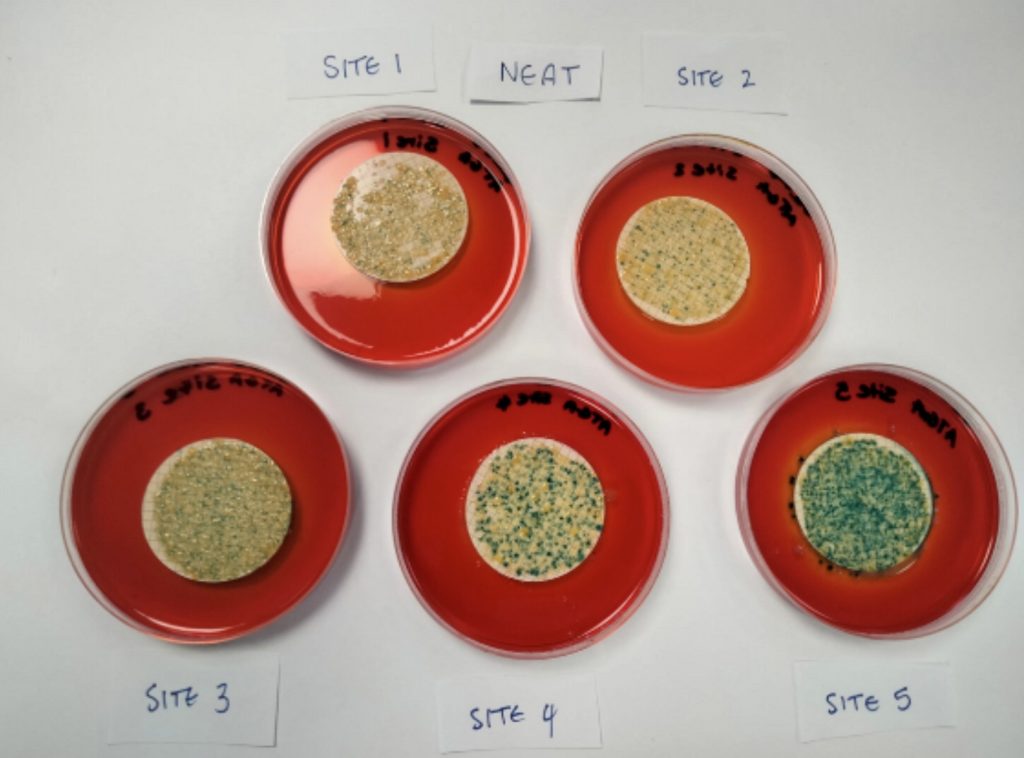CAMPAIGNERS say “shocking” levels of potentially harmful bacteria in the River Frome in Frampton Cotterell mean it is no longer suitable for swimming.
Frampton Nature says tests showed the water in some places had more than 100 times the Government recommendation for coliform bacteria – the family containing harmful E. coli – for inland bathing waters.
Founder David Hanks said: “My dad learnt to swim in the river in Frampton, and I swam here as a child, but my children didn’t get to experience that because the river is so polluted now.
“As well as being a threat to human health, the poor water quality is bad for our wildlife. The river here used to be full of fish but now you hardly see any.
“It’s a disgrace that the Government continues to allow water companies to dump raw sewage in our rivers.”
In the tests, two students from the University of the West of England took samples from five spots on two dates in March.
The samples were analysed and the number of colony forming units (CFU) for suspected E. coli per 100ml of water was calculated.

David said: “On both occasions four sites were found to have poor water quality, with every site found to have poor water quality at least once.
“One site was found to have a horrifying 103,000 CFU/100ml. This is over a hundred times worse than what the Government considers a poor standard for inland bathing water.
“Water with these high levels of faecal bacteria poses a real threat to human health.”
David said the latest data showed six monitored sewer overflows in Frampton Cotterell overspilled 213 times in 2022. But the students found the highest levels of bacteria downstream of another overflow, which is not monitored and was littered with sanitary waste.
Water companies recently announced a £10 billion plan to improve water quality – with much of the cost being passed on to consumers.

A spokesperson Wessex Water said there are numerous sources of bacteria in rivers, especially in a rural area, including agriculture and wildlife.
The spokesperson said: “Regulated storm overflows, which are licensed to operate automatically during or after heavy rainfall to protect properties from flooding, account for less than 1% of the reasons why rivers in the Wessex Water region do not achieve good ecological status.”
“Outdoor swimmers will be aware that water quality is affected by a combination of factors, including storm overflows and treated sewage discharges.
“That’s why we’re investing unprecedented amounts to help improve river and coastal water quality in our region.”
The Environment Agency said that as the River Frome is not a designated bathing water, bathing water standards do not apply, and the agency is not required to monitor bacteriological water quality.
A spokesperson said: “However, the Environment Agency is a partner in the Resilient Frome project, and one of the benefits is expected to be improved water quality in the Bristol Frome.
“We are also aware that Wessex Water has been investigating several combined sewer outflows in the Frampton Cotterell area and looking at potential improvements as part of the periodic water company price review process.”


